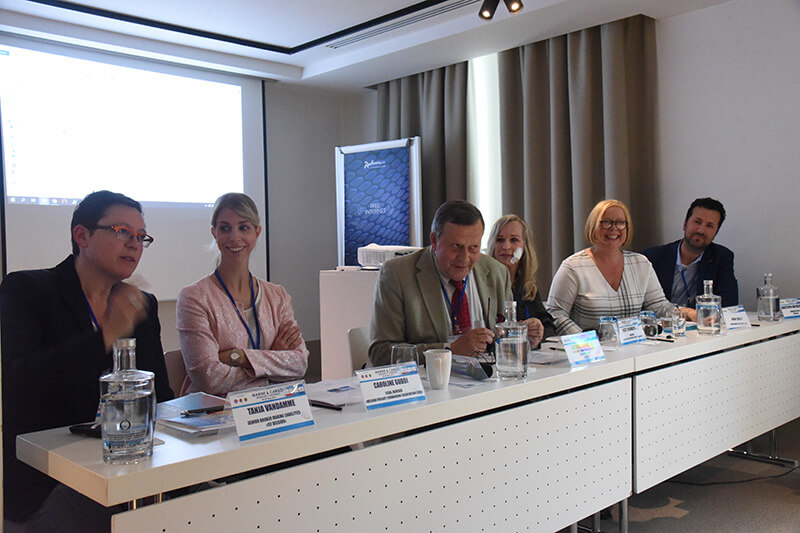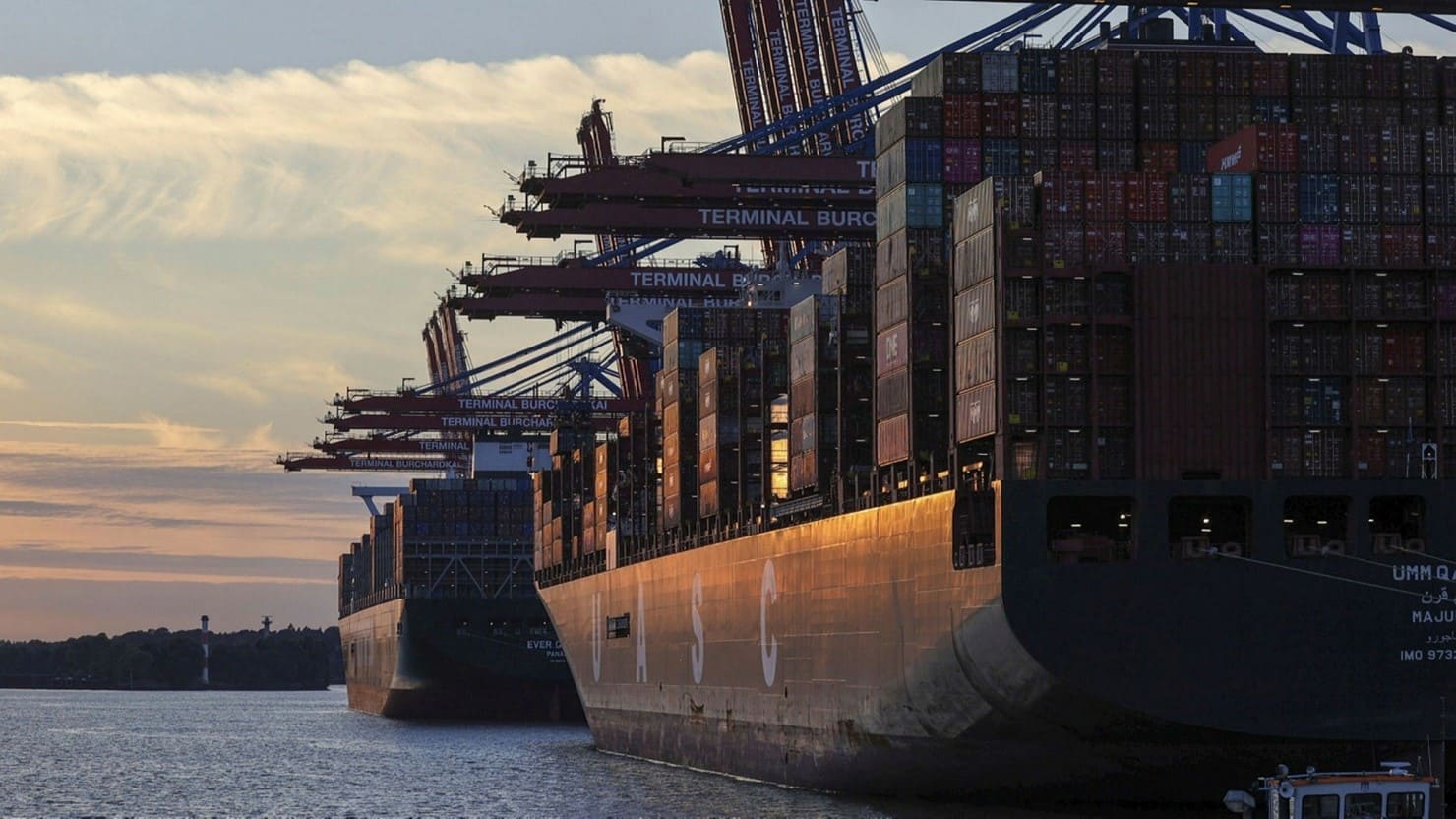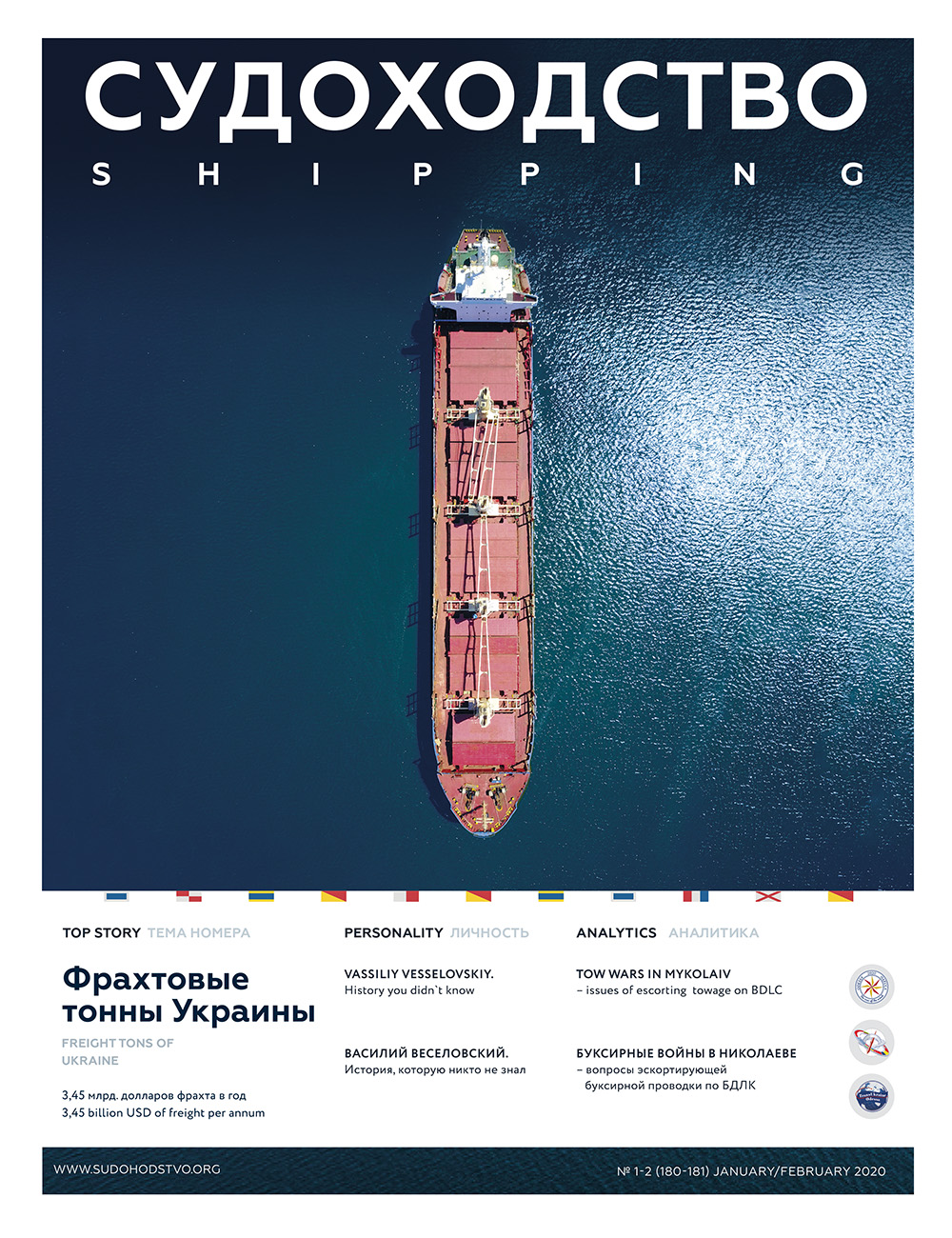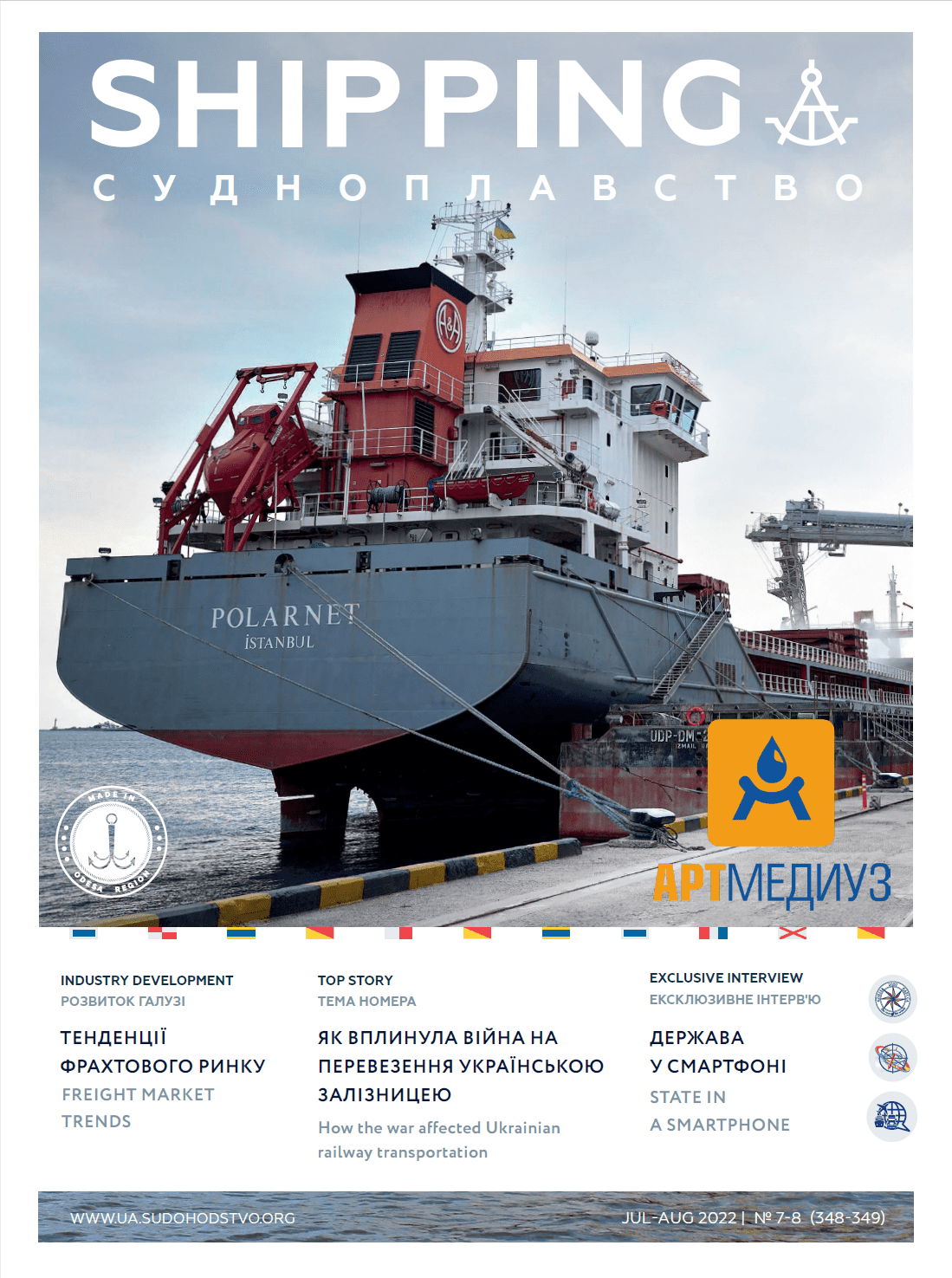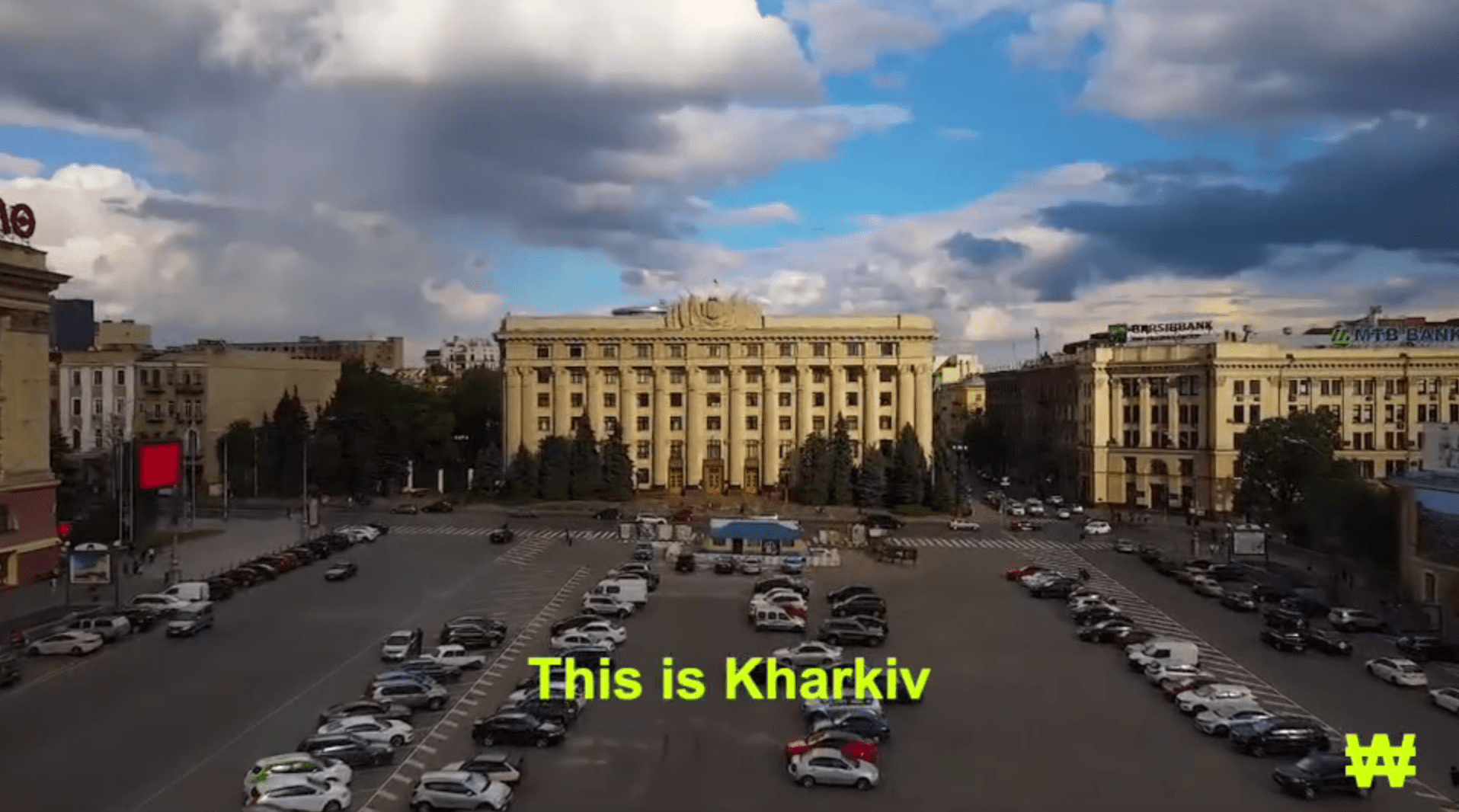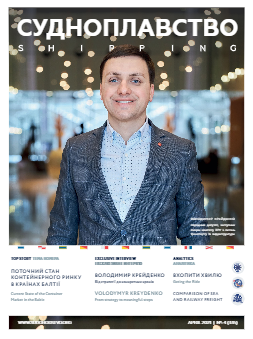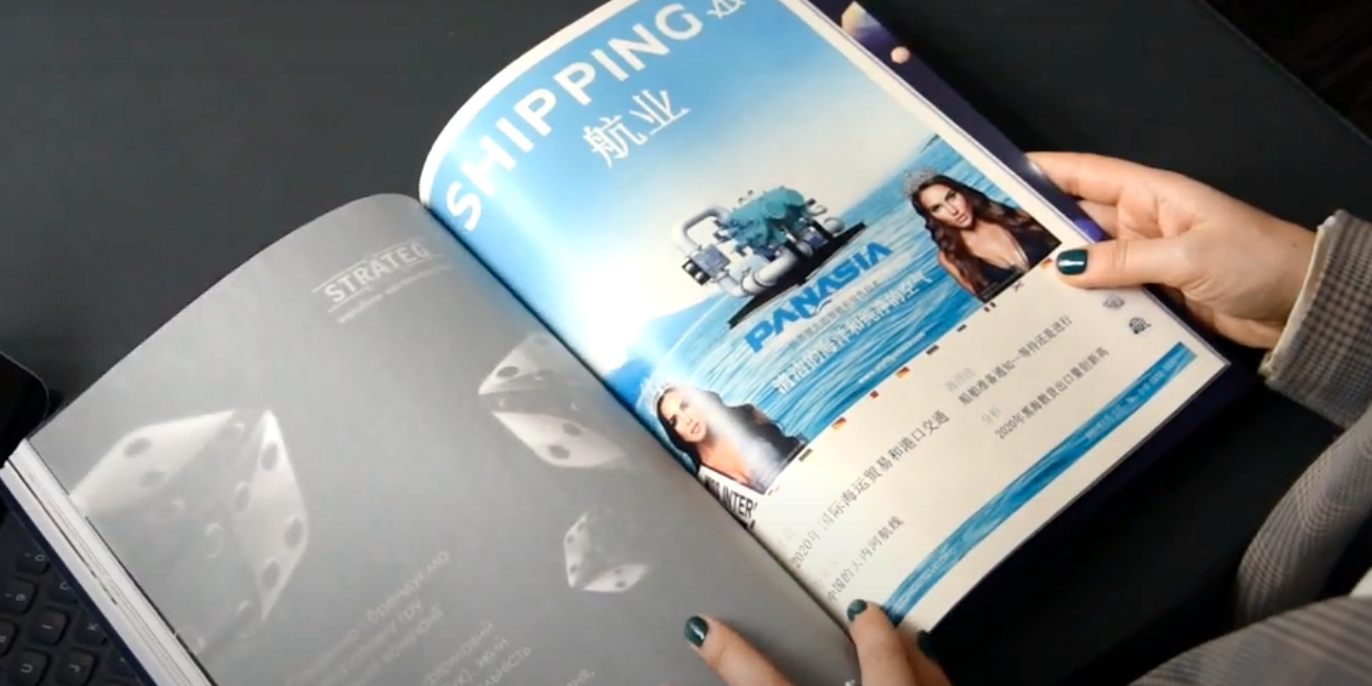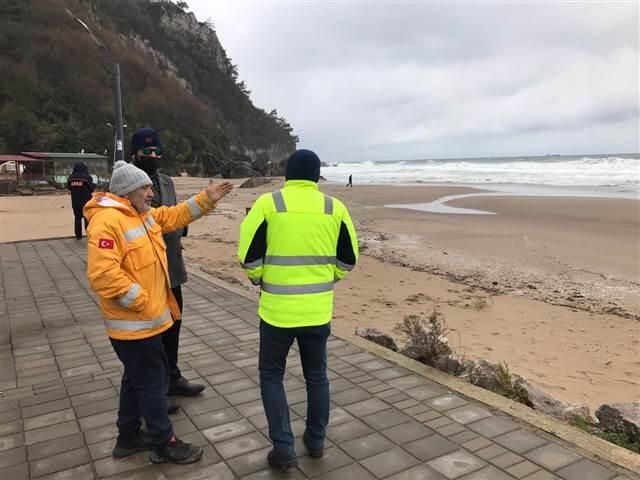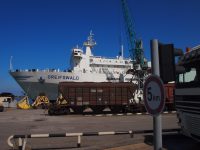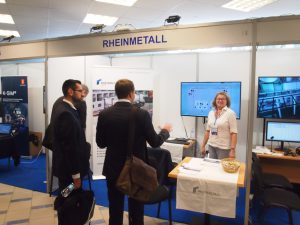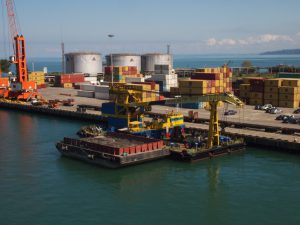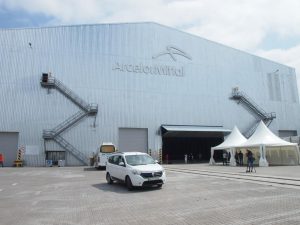Artur Nitsevych, Partner of Interlegal
Oleksii Remeslo, Associated Partner of Interlegal
Mykyta Kocherba, Junior Associate of Interlegal
Arthur Nitsevych
Alexey Remeslo
Nikita Kocherba, Junior lawyer
Basically, all the post-Soviet lingering or frozen conflicts happened in the Black Sea region. As a result, so-called grey zones formed, which were conducive to the criminal underworld, illicit trade and radicalisation. In a modern period, they were added with sanctions as an element of influence on the Black Sea trade.
From the beginning of the Russian military aggression on the Crimean Peninsula, the position of the international community is rather well defined in the line of condemnation of Russia interfering in the internal affairs of Ukraine and breaking its territorial integrity and sovereignty. The Russian Federation was demanded to abide by the standards of the international law, international commitments as well as standards within the Budapest Memorandum. Without acknowledging the Ukrainian Revolution legitimacy, in particular, removal of the President Viktor Yanukovych and constitutional reform, formation of a new administration, the Russian Government refused to meet the demands of the world society. Moreover, Russia inspired and overblew an armed conflict in the East of Ukraine.

Influence of the Crimean annexation on the trade in the Black Sea region
The Black Sea region has the greatest significance for Europe: main routes go through it and join West and East, North and South. All the post-Soviet lingering, often called as «frozen» conflicts concentrate in the Black Sea region. Grey zones appear due to them, and they pander to the criminal underworld, illicit trade and radicalisation. It is not difficult to see how Russia use them for political intimidation of new independent states of the ex-USSR.
Without doubts, the annexation of Crimea affected the Black Sea trading. Presently, up to 40% of the world trade of wheat are accounted for by Russia, Ukraine, Kazakhstan and countries in the Danube region. After the Persian Gulf region, the Black Sea region is the second-largest source of petroleum-oil and natural gas as well as a region rich for resources of minerals, metals and other environmental assets in evidence. The Black Sea is an inland sea, and many cities along its coast are port cities: Constanta, Odessa, Sevastopol, Kerch, Novorossiysk, Sochi, Sukhumi, Batumi, Trabzon, Samsun, Burgas and Varna.
The military conflict in the East of Ukraine and trade embargo for Russia had a great influence of the container turnover in the countries of the Black Sea region. As a result, the overall container turnover was not even above 2.3 mln TEUs, and all of this was on the background of freight and charter rates, because of which most container lines work at the breakeven level at best. However, based on the results of 2016, almost every country in the Black Sea region increased its turnover of loaded containers. According to the data of the Ukrainian Sea Ports Administration, the Ukrainian ports showed their growth, what made it possible for them to restore their positions, which had been lost according to the results of 2015.
2016 is remembered for an induced change of export routes because of «transit embargo» imposed by Russia. At the beginning of the year, it greatly complicated movements over its own territory of the Ukrainian trucks and carriages carrying cargoes to Kazakhstan, countries of Central Asia and other states, and restricted transit carriages by road and rail from Ukraine to Kazakhstan and Kyrgyzstan in the summer.
It is interesting that the coastal shipping has become more intense among the Ukrainian seaports for the last years. The statistics shows that the mutual trade among the Russian Black Sea region and other countries of the Black Sea Basin is vain against the general background. The turnover of commodities among the Krasnodar Territory and its Black Sea neighbours – Abkhazia, Bulgaria, Georgia, Romania and Ukraine made just 495 and 576 mln USD in 2016 and 2017. The Russian Federation procured fruit and vegetables just in Egypt in 2017 for the same amount approximately – about 0.5 bln USD. At this, the ratio of the Black Sea region in the cumulative commodity turnover of Kuban reduced from 5.3% to 4.9% for these years. The increment of the turnover of commodities between the Krasnodar Territory exporters and Far East accounted for the Mediterranean countries, for the Near East primarily. According to the data of the State Service of Statistics of Ukraine, it greatly raised the commodity turnover with Russia: Moscow returned the status of one of the largest trade and economic partners of Kyiv by supplying goods by 39.9% more than the figures in 2016.
Reverse side of sanctions
Russia is just not involved with the program of «The Black Sea Cross Border Cooperation», which its main financial flows go through from the EU to the Black Sea countries. This program covers just Armenia, Bulgaria, Greece, Georgia, Moldova, Romania and Ukraine. The external heavy hitters – the USA, China and Japan – make attempts to use the Black Sea to their advantages. And their pretensions are very far from the Black Sea regional integration in that form, which Russia wish it to see in!
Thus, it is starkly obvious that the sanctions influence the international politics and economics, but this influence is intricate. Sometimes international economic sanctions cause more harm to their initiators than to those goals, which they are directed to. And the close integration of territorial markets in the modern globalised world gives not just measures of negative influence by breaking economic relations, but creates a lot of opportunities for resisting this influence by building new connections. There are good reasons why there is much concern about the efficiency of the international economic sanctions. Such problems as humanitarian harms to the entirely blameless population and harm caused by third countries due to the introduction of sanctions (special economic problems happening because of preventive or enforcement measures) are associated with the international economic sanctions. The UN makes major efforts to solve these problems. The concept of targeted and smart sanctions became a result of these effects. The essence of these sanctions is a direct maximum addressed and target-focused influence on an object, i.e. political groups and certain persons, who are directly responsible for the violations made, presence of finite exact and clear objectives of the introduction of sanctions, their duration and criteria for annulling the sanctions regime. The effectiveness of the arms embargo and freezing up of financial assets are especially high.
From 1997-1998, there was a process of reformation of the sanctions policy. To be more accurate, there were several interrelated processes: the Interlaken process initiated by the Swiss Government, Bonn-Berlin process initiated by Germany and Stockholm process initiated by Sweden. The said countries financed the research conducted by Watson Institute for International Studies, which thoroughly studied this delicate legal problem and made interesting proposals in 2006.
The efficiency evaluation of the international economic sanctions is performed in two aspects: analysis of consequences for the economy and safety of countries, and efficiency analysis of applying sanctions as a foreign policy instrument.
The common opinion of analysts is such: sanctions are significantly more forcible when they are directed against friendly or neutral countries: almost 50% of success in the event of friendly countries, 33% in the event of neutral ones, and only 19% in the event of enemy countries. Herewith, the aim to stop military actions in the event of enemy countries with the help of sanctions was never achieved.
Of course, the long-term restrictions for conveying technologies will negatively affect the economy`s strength of Russia. The restricted exploration and production technologies (taking into consideration that Russia does not have them and facilities for their creation either) will negatively affect the oil and gas production levels and cost in 5-7 years. But, nowadays, the effect of this restriction is equal to zero. The same could be said about the military technologies: today Russia actively ramps up the production of weapons and keeps their export at a high level (more than 10 bln USD per a year), and the restrictions have no influence yet. However, the future inability to use the global progress in development of the double-purpose technologies will result in the Russian arms beginning to lag their nearest rivals – the USA, EU, Israel and China most probably). Even today, the positions of Russia at the global arms market is getting weaker: it seems to lose the market of India (first, military aircrafts; China, which still buys the Russian AD systems, looks to its own inventions in the area of air force already. It is far more likely that Russia will have nothing to offer at the market in 10-15 years when the focus of developed countries will be on the sixth-generation systems (and developing countries will focus on the fifth-generation systems correspondingly).
Countersanctions, i.e. self-restriction measures related to the import of foodstuffs, which were first implemented against a certain number of countries (the EU in particular) and against Turkey afterwards, are not so influential on the economy as well. Domestic substitution of constrained positions (i.e. a proportional growth of the production of their exact analogues in Russia) did not happen at least because the consumption reduced greatly as a result of the Rouble devaluation – the loss of a constrained import volume turned to be insignificant in comparison with this. Domestic substitutes got much more expensive than everyday goods on average (the increase in prices of goods from the «sanctions» list is from 30 to 100% for the last 18 months). But due to the reduced demand and complete loss of quality of domestic analogues (transition to surrogate ingredients, refusal to follow the techniques and others for reducing the cost-efficiency and accelerate the production process), we can see neither surplus products nor deficit.

Sanctions as persuaders
Perhaps, the greatest negative influence on the Russian economy is caused by an unpredictable and inconsistent aggressive behaviour of Russia towards foreign economic institutes. The attempt with national «autonomy» in vital domains (telecommunication, payment systems, transport systems, IT, navigation, sponsorship of non-profitable and charitable organisations, etc.) is often a result of lobbying efforts of local players acting not so competently and in a limited way, and of corrupt or shortfall placemen. This attempt results in great expenditures in addition to produced goods that cannot be fully used as substitution of modern technologies; sometimes, it may result in a biting rejection of a tested international technology.
Indeed, it puts the safety of Russia at hazard not because of an imaginary external threat at all, but because of a real threat – non-utility of a substitute product.
It is quite difficult to determine how successful the measures for changing policies of countries-objects (targets) of sanctions were. Such notions as prestige, status, reputation are intangible, and it is unlikely to find an appropriate empirical indicator of their condition. Moreover, sanctions are applied with attempts to pile political pressure, threats about the use of forces, and it is quite uneasy to detect which measure of these ones garnered results.
The international sanctions work best of all as persuaders not punishers. It is necessary that sanctions should have elements-incentives that stimulate their respect. A target of sanctions should understand that some steps are expected for it to take. At this, a partial or whole fulfilment of requirements specified should draw a reaction of the UN Security Council expressed correspondingly in the sanctions relief or removal. Presently, the most important task is to secure the legitimacy of the international sanctions. Thus, the maintenance of peace and security massively depends on a general idea when the international legal sanctions are legitimate. In this respect, it is necessary to rely first on the fact that sanctions could assist in maintaining the international peace and security, and be legitimate in terms of the provisions of the UN Charter and other standards of the international law while taking a decision to introduce the international sanctions.
The Black Sea cases
Unfortunately, the issues related to sanctions are so politically charged. The experience in applying the UNCLOS, for instance, in respect of the regime of transit passage through gulfs used for the international shipping is slightly different from the standards envisaged in this Convention. In turn, Ukraine gives no opportunities for securities to be made as the arrest of vessels does not presuppose it. Thus, it can be so when national procedures are inconsistent with the international law postulates of the Convention.
The Interlegal case portfolio contains the following notable cases.
- Case of the vessel «Mechanic Pogodin» (IMO: 9598397). For more than 7 years, the vessel had been owned and used by the legal entity, which no special economic and other constraint measures of Ukraine had been applied to. However, it was found in the first records submitted at the time of the ship`s entry to the port that the special economic and other constraint measures (sanctions) had been applied to the «official» ship-owner causing an immediate blocking of the ship.
Nowadays, this case is considered by the Court of Appeal. Actual consequences of the arrest of the vessel and its detention are similar – restricted sailing. In this case, the vessel was blocked at the port. It was arrested by the port captain subject to the order passed by the State Border Service of Ukraine. The matter is that the vessel was serviced under the lease agreement signed in 2011 by and between VEB-Leasing PJSC (Lessor) and V.F. Tanker Ltd. (Lessee). VEB-Leasing is named in the Ukrainian list of sanctions. When the vessel lied in the port, the term of the last lease payment became due. It was paid, and the ownership right passed to V.F. Tanker. There were no reasonable and legal causes anymore for a further arrest of the vessel after that. The illicitness of a further arrest is confirmed by the expert report prepared by V.M. Koretskyi Ukrainian Scientific Research Institute of State and Law. Nevertheless, the Kherson Circuit Administrative Court rejected the claim to release the vessel. Therefore, it`s becoming clear how fine the line is between legal and political matters. A further arrest of the vessel threatens our country-Ukraine with huge losses caused by a further ship demurrage. And the ship-owner will get compensated for the harm incurred by him from the insurers.
– Case of the vessel SEABREEZE (IMO: 9143312). The court ordered to arrest one ship for the actions of another ship, which has a common manager in the judgment of the Prosecution Service, what is not true to the fact today as the company stopped using the ship a long time before sanctions. Thus, the information from the outdated commercial sources launched the public mechanisms and indeed stopped an absolutely legal and transparent business.
- Case of the vessel KANTON (IMO: 9412311). The court arrested the vessel «Kanton» under the flag of Tuvalu for violating the regime of entries to the ports of Crimea. When entering the closed ports of Crimea, ship-owners, captains and crews commit a crime stipulated by Article 332-1 of the Criminal Code of Ukraine.
- Case of the vessel SKY MOON (IMO: 7525334). The vessel was arrested for violating the procedure for entry and exit of a temporarily occupied territory of Crimea in 2016, and seized up in 2017 in favour of the State of Ukraine.
In view of the diversity of cases managed by Interlegal, we thoroughly understand the operating procedures in the cases with sanctions in Ukraine and can provide our clients with any legal services.

